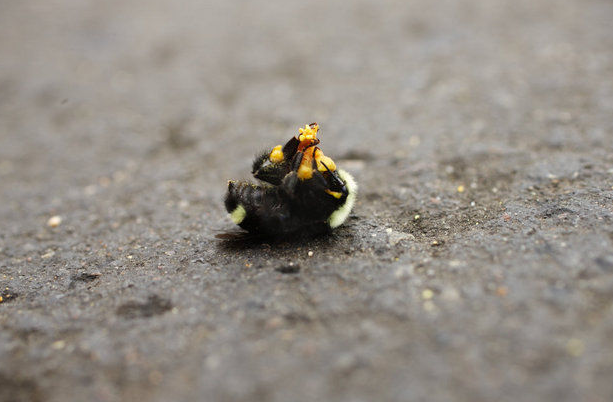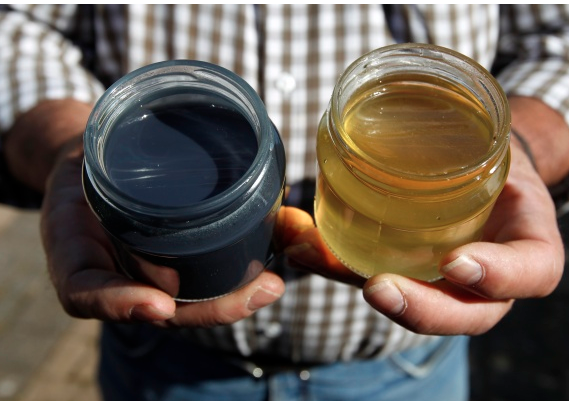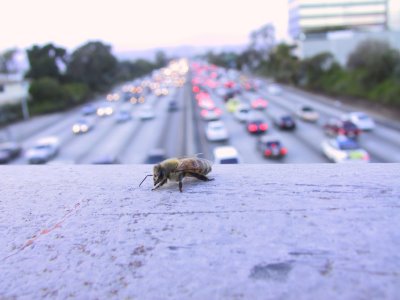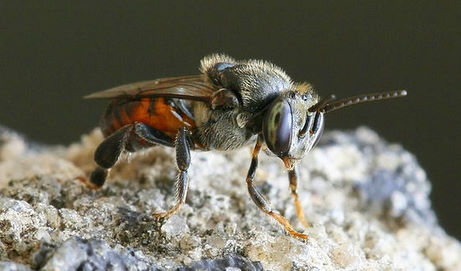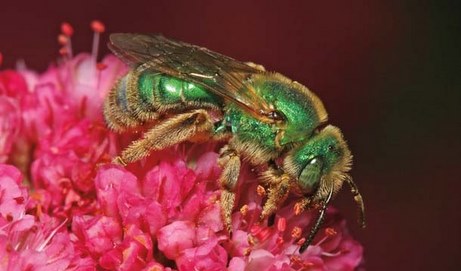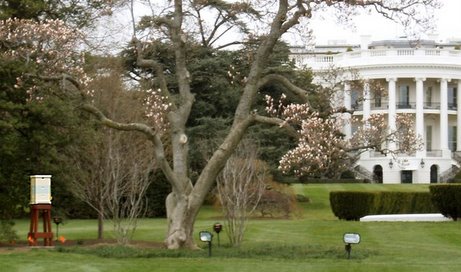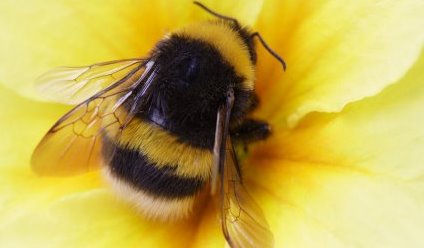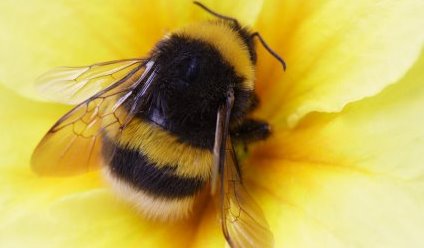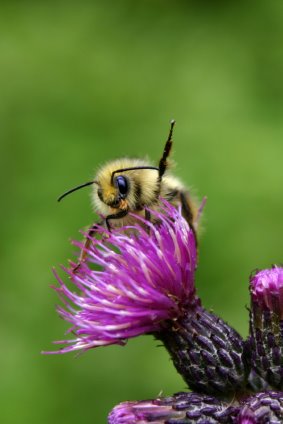The Bee Martini: Alcohol Tests for Varroa Mites...
You're probably going to watch this video and think: What the heck? That beekeeper isn't wearing a bee suit! Why isn't he getting stung? And then you're going to think: Wait a second, why is he killing all those bees? Killing bees to save bees? WHAT IS GOING ON HERE??? Allow me to explain. This is Randy Oliver, pro-beekeeper, author of many articles in the American Bee Journal and posts on his website, ScientificBeekeeping.com. Randy is a respected beekeeper and scientist who has been keeping bees since 1967. His data collection has been instrumental to other researchers trying to understand CCD and honeybees in general, and when he's working on his commercial beekeeping, he spends his time reading scientific papers and interviewing scientists to disseminate the information to everyday beekeepers. Basically, he's awesome. So...
read more

